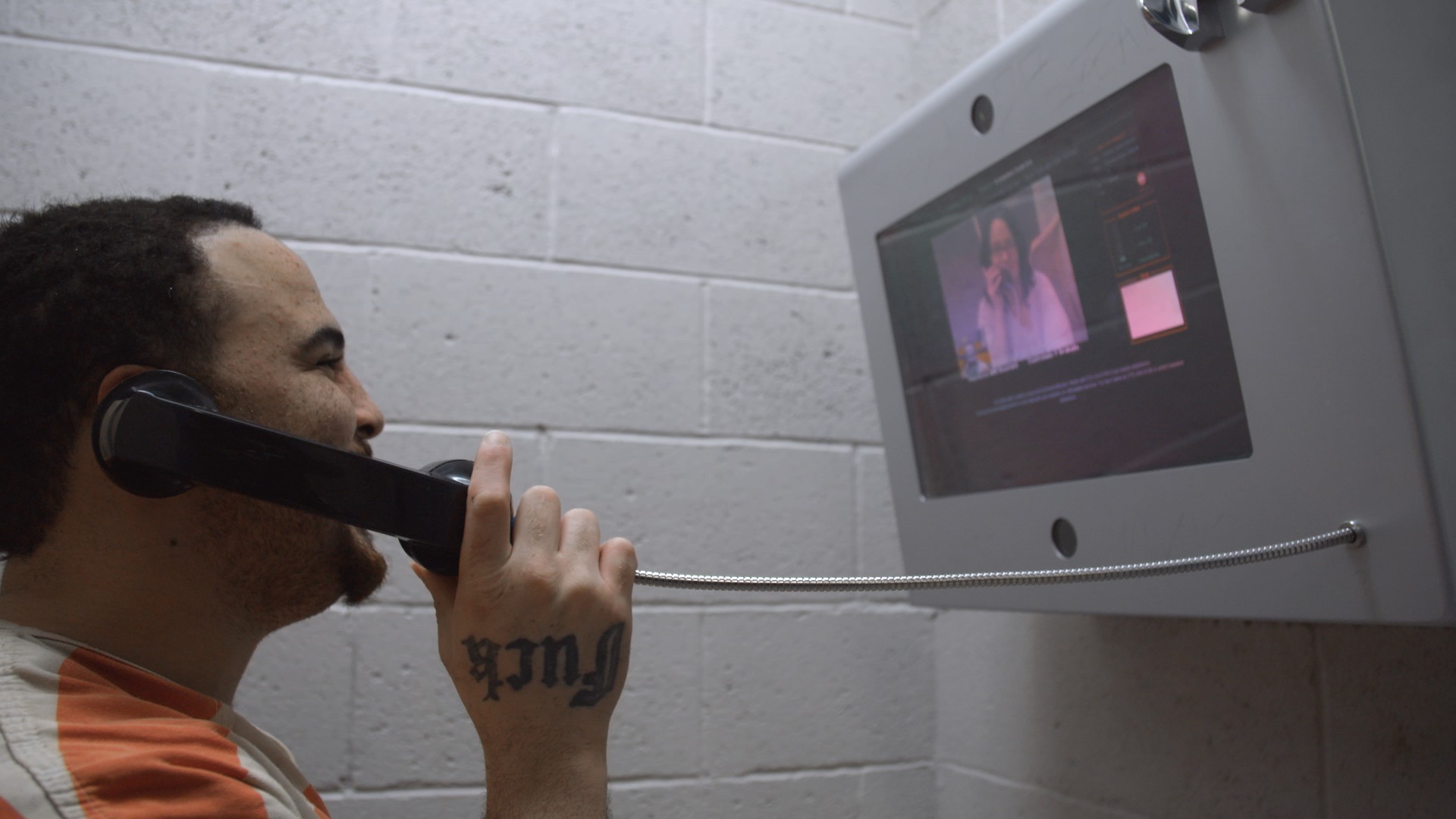Photo via Pexels.
About 650,000 people are released from US state and federal prisons each year. We know reintegrating into society is a jarring and uphill battle for former convicts -- technology will have evolved at a bewildering pace, and jobs don't come easily to those with felony convictions -- but most of us still fail to really grasp how insurmountable the transition can be.Organizations like the Bureau of Justice have found that two out of three parolees are rearrested within three years; more than three-quarters within five years. While there's some debate around how the data behind such statistics is interpreted, recidivism is way too often the result of institutional failure to provide prisoners with any kind of support before, and especially after, their release. On the plus side, this also means it's something that can be demonstrably improved with access to the right resources.Among the crime-prevention initiatives deemed effective by the National Institute of Justice is a Pennsylvania program that works in two phases -- one that prepares prisoners for reentry while they're still serving their sentence, and a second that keeps them connected to resources within their community for a full year after their release. The recidivism for parolees put through this program was about one-third that of the control group.Programs in Iowa and Oklahoma also saw some success lowering recidivism rates by assigning high-risk probationers to officers with reduced caseloads who could provide intensive attention, kind of like how a lower teacher-student ratio often yields better academic performance. And a number of programs emphasizing vocational training, drug treatment support, and family involvement were categorized as "promising."
Check out more videos from VICE:
Because parolee reintegration is a monster with a lot of heads, loads of nonprofits have adopted a comprehensive, all-things-considered approach with as much individual counseling as possible. In California, the Anti-Recidivism Coalition works from the inside out, providing inreach -- mentoring and rehabilitative programming for prisoners while they're still on the inside -- and following that up with a ride home, housing and occupational training, and policy advocacy. In Washington, where around 8,000 people are released from prison each year, Pioneer Human Services provides everything from housing to job training to and treatment for substance abuse and mental illness. It began as a halfway house in the 1960s; now, it's grown to dozens of locations across the state.Government initiatives are often in the same vein. Through Louisiana's Re-Entry Court, non-violent short-term prisoners can pair with mentors serving life, who teach them skills like financial literacy and anger management. In Alabama -- a particularly robust state in terms of volume of reintegration initiatives -- Project H.O.P.E. (Helping Offenders Pursue Excellence) focuses on housing, education, and employment.But these are resources people can only access if they're lucky. Upon their release, all the average prisoner is actually guaranteed is something in the neighborhood of $50 and a one-way bus ticket to the county in which they were convicted; in some cases, they might have as little as one day's notice. See for yourself what condition your state would leave you in.
Advertisement
Research has shown that access to in-prison college programs is particularly effective at combating the tendency for convicted criminals to reoffend. At the John Jay College of Criminal Justice, the Prisoner Reentry Institute's hands-on initiatives emphasize education: a Prison-to-College Pipeline, which gives prisoners access to college-level courses, and a College Initiative, which helps connect them to higher education options once released. Meanwhile, non-profits like the Center for Employment Opportunities facilitate on-the-ground job training and placement for people with criminal records; in the case of CEO, with an emphasis on those aged 18-25, youth recidivism rates are particularly high.Upon their release, all the average prisoner is actually guaranteed is something in the neighborhood of $50 and a one-way bus ticket to the county in which they were convicted.
Advertisement
Check out more videos from VICE:

Because parolee reintegration is a monster with a lot of heads, loads of nonprofits have adopted a comprehensive, all-things-considered approach with as much individual counseling as possible. In California, the Anti-Recidivism Coalition works from the inside out, providing inreach -- mentoring and rehabilitative programming for prisoners while they're still on the inside -- and following that up with a ride home, housing and occupational training, and policy advocacy. In Washington, where around 8,000 people are released from prison each year, Pioneer Human Services provides everything from housing to job training to and treatment for substance abuse and mental illness. It began as a halfway house in the 1960s; now, it's grown to dozens of locations across the state.Government initiatives are often in the same vein. Through Louisiana's Re-Entry Court, non-violent short-term prisoners can pair with mentors serving life, who teach them skills like financial literacy and anger management. In Alabama -- a particularly robust state in terms of volume of reintegration initiatives -- Project H.O.P.E. (Helping Offenders Pursue Excellence) focuses on housing, education, and employment.But these are resources people can only access if they're lucky. Upon their release, all the average prisoner is actually guaranteed is something in the neighborhood of $50 and a one-way bus ticket to the county in which they were convicted; in some cases, they might have as little as one day's notice. See for yourself what condition your state would leave you in.
Advertisement
If you have the means to donate, you can find a roundup of some of the better re-entry programs your state has to offer here. A number of them focus on specific vulnerable groups: women, teens, those in recovery from substance abuse. And in addition to any of the re-entry orgs you have access to, you can also volunteer a little of your time at a halfway house.If you're a writer and want to support in-prison education, you can mentor an inmate remotely through PEN Prison Writing Program (disclosure: I do this, but am under no obligation to mention it; rather, I'm doing it of my own free will because it's a cool program). And if you're in a position to do so, you can make an enormous and immediate impact by hiring parolees to work for you.The gist of all this is that in order to better re-acclimate to life as civilians -- and hopefully avoid ever going back to prison -- former prisoners need an unbroken chain of support that begins grooming them for their release well before the actual date arrives. They need a lifeline connecting them to housing, employment opportunities, and health services. They need community ties, and access to people who visibly care. The minimum considerations required for parolees are nowhere near enough, but there are some pretty simple steps you can take to give them more than that.You can donate to Pioneer Human Services here . Donate to the Center for Employment Opportunities here . Or donate to the Anti-Recidivism Coalition here .In order to better re-acclimate to life as civilians -- and hopefully avoid ever going back to prison -- former prisoners need an unbroken chain of support that begins grooming them for their release well before the actual date arrives.
